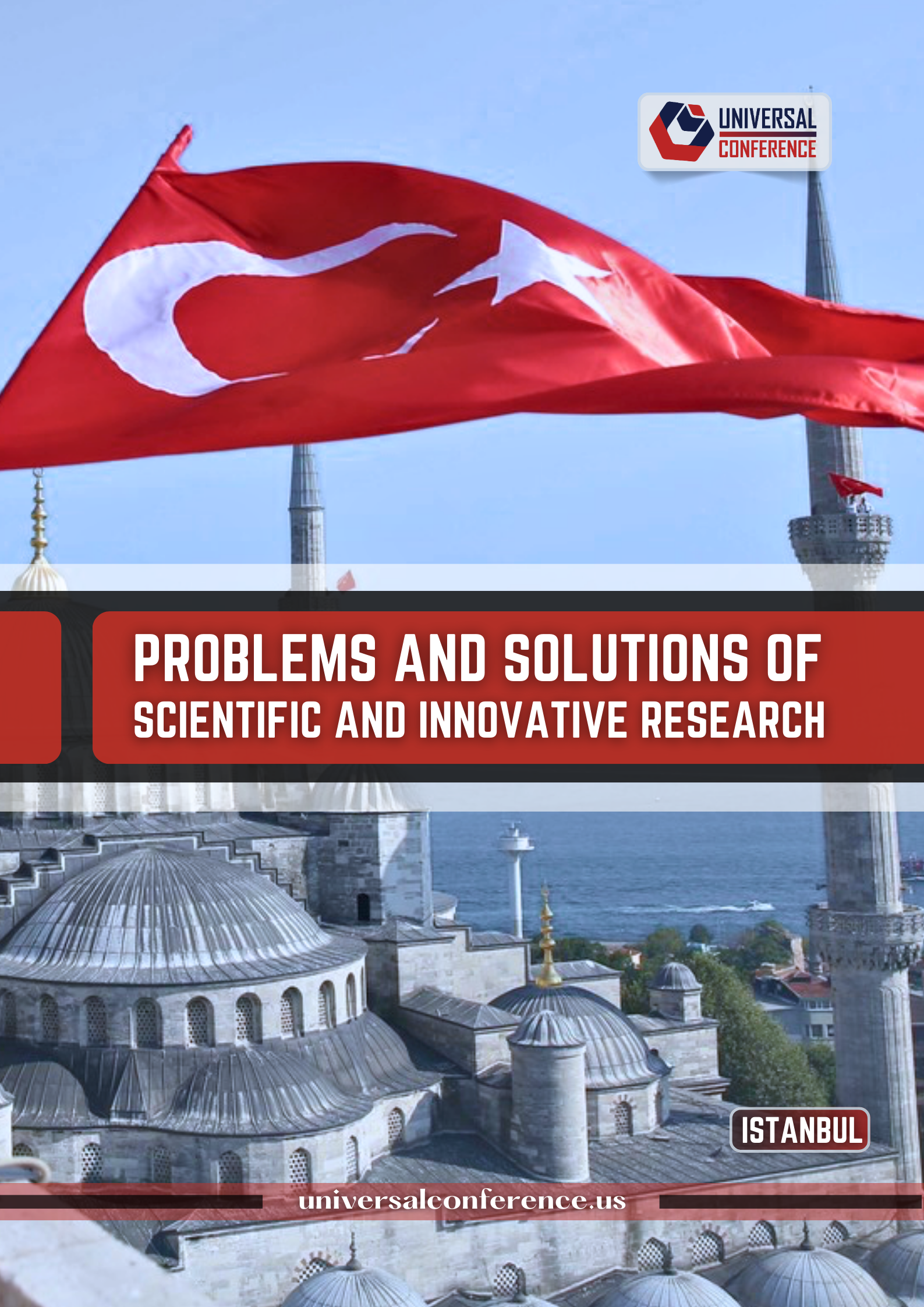THEORETICAL PERSPECTIVES OF SPEECH AND LANGUAGE
Keywords:
speech, language, development, behaviorism, nativism, interactionism, cognitive constructivism, biological predispositions, environmental influencesAbstract
This article addresses the theoretical underpinnings of speech and language development, examining prominent perspectives such as behaviorism, nativism, interactionism, and cognitive constructivism. By exploring the strengths and limitations of each theory, this research aims to provide a comprehensive understanding of the complex interplay between biological predispositions, environmental influences, and cognitive processes that shape human linguistic abilities.
References
1. Chomsky, N. (1959). Syntactic Structures. Mouton.
2. Newport, E. L. (1990). Maturational Constraints on Language Learning. Cognitive Science, 14(1), 11-28.
3. Tomasello, M. (1995). Language Acquisition: Beyond Imitation and Reinforcement. Cognition, 54(2), 147-156.
4. Vygotsky, L. S. (1978). Mind in Society: The Development of Higher Psychological Processes. Harvard University Press.


